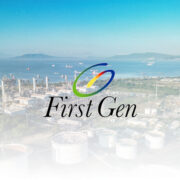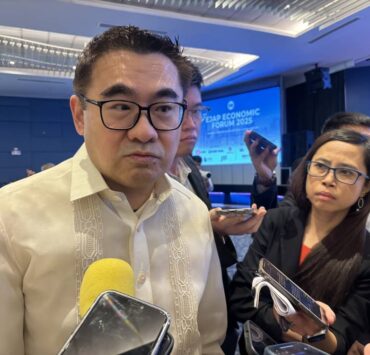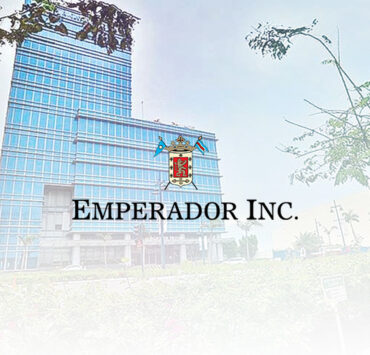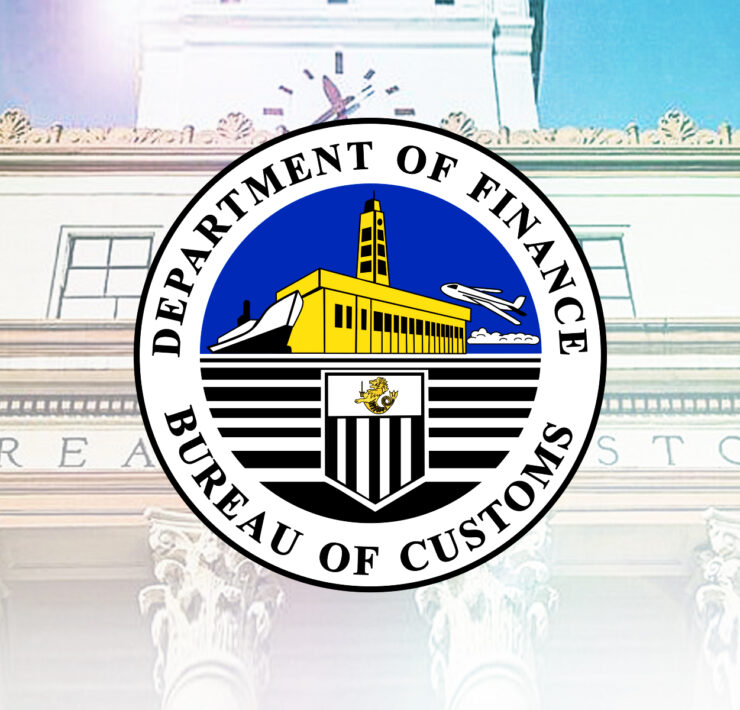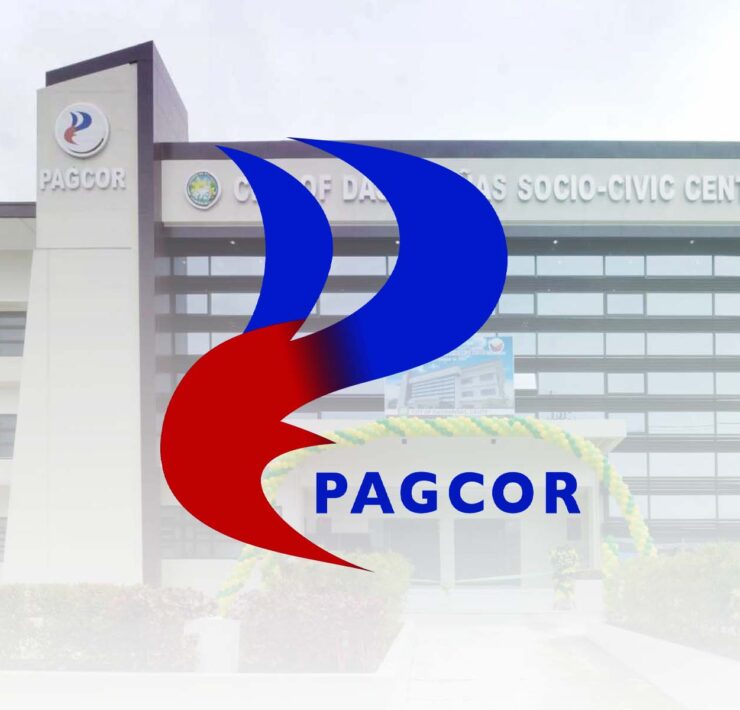Recto weighs general tax amnesty program
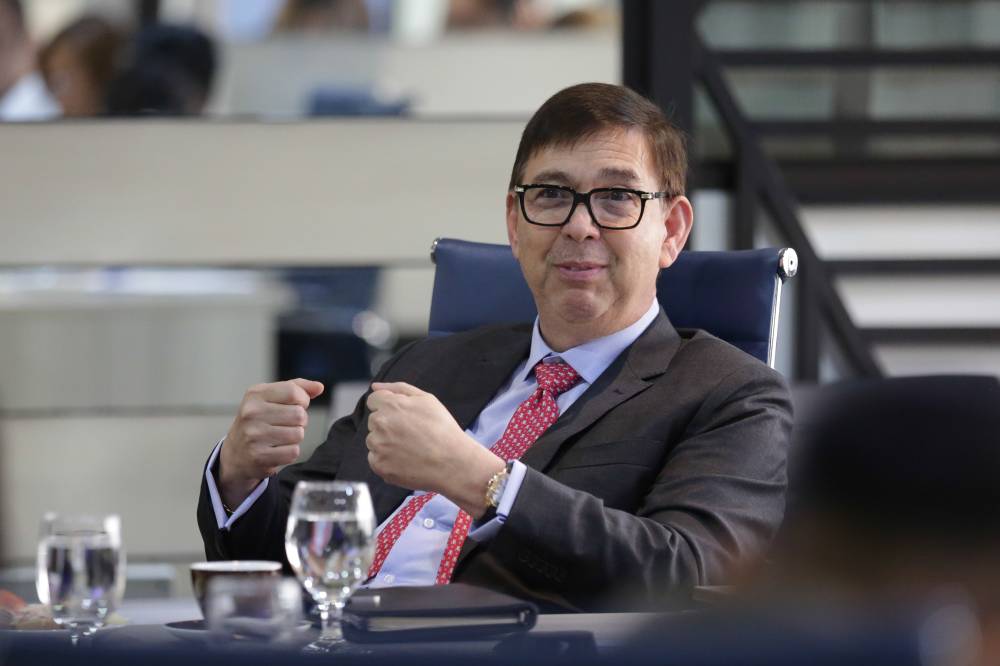
Finance Secretary Ralph Recto said on Monday that the Marcos administration would pursue a broad tax amnesty program as part of its revenue-raising proposals, a plan that would avoid imposing new taxes.
Speaking to members of the Economic Journalists Association of the Philippines, Recto said the upcoming program would apply to unpaid taxes that the Bureau of Internal Revenue and the Bureau of Customs collect.
He declined to give more details on the plan, including its estimated revenue boost and the period that would be covered by the program, saying the proposal was still under study.
But the finance chief noted that the bill, which has yet to win Cabinet approval, could include an extension of the recent estate tax amnesty program.
“This is just a simple amnesty bill,” Recto said.
The Department of Finance (DOF) last pushed for a general tax amnesty program during the administration of former President Rodrigo Duterte, who partially vetoed a 2019 law granting amnesty to people who failed to pay correct taxes in 2017 and before.
Specifically, Duterte struck down the provision covering all unpaid internal revenue taxes, citing the absence of safeguards such as lifting bank secrecy and allowing the automatic exchange of information. Such measures, officials said, would have deterred delinquent taxpayers from underreporting assets or net worth.
At the time, the finance department estimated the general amnesty would have raised only P6.8 billion without the safeguards, compared with P13.6 billion if they had been in place.
But Duterte retained the provisions on estate tax amnesty and an amnesty for delinquent taxes; the deadline for the estate tax program was later extended to June 16.
Recto said the Marcos administration’s proposal would address the shortcomings cited in the 2019 veto.
“It’s not going to be the same bill as passed by Congress then that was vetoed,” he said, adding that the government is narrowing its budget deficit “while no new tax proposals are on the table.”
In a note to clients, BMI, a unit of the Fitch Group, said the Philippines was expected to remain a regional laggard in fiscal recovery as the impact of US tariffs on the economy may prompt higher government spending to support growth.
“Ultimately, the Philippines faces a difficult policy choice: accept structurally slower domestic product growth or prolong the fiscal adjustment timeline,” BMI wrote.
“With limited fiscal headroom and rising external risks, the government’s ability to strike a sustainable balance will be tested in the years ahead,” it added.













